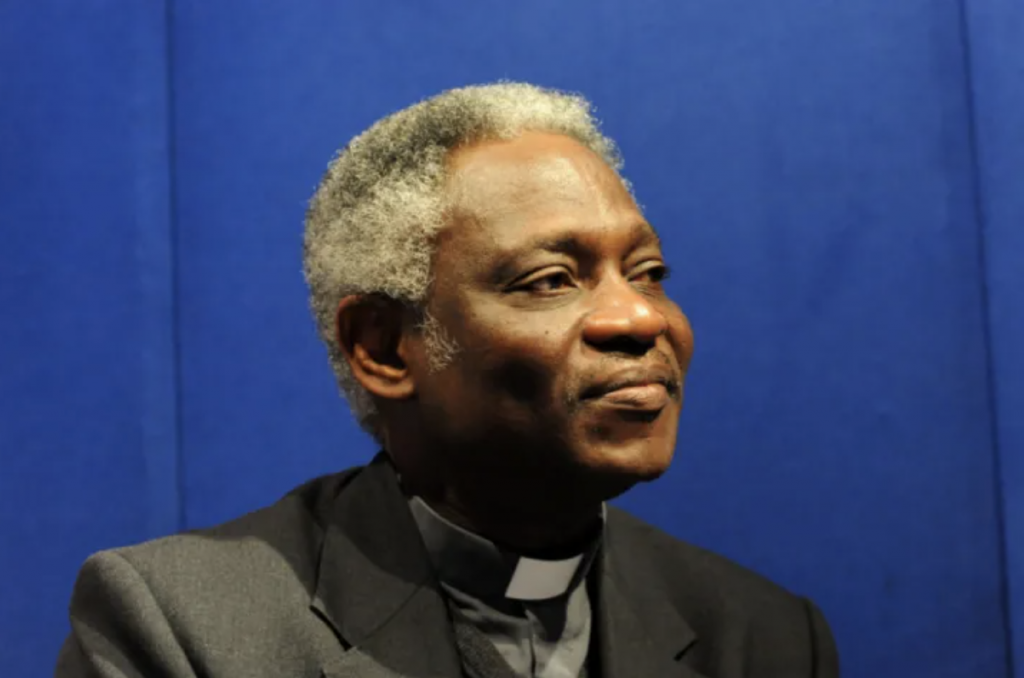“For a fairer and healthier world, it is necessary to acquire a different overall view on human health and care that takes into account the physical, psychological, intellectual, social, cultural, and spiritual dimensions of the person,” Turkson wrote in the message published April 7.
The prefect of the Vatican Dicastery for Promoting Integral Human Development said that it is necessary to “rethink the concept of health as integral health.”
“Acquiring this integral view allows us to understand that ensuring that everyone receives the necessary healthcare is an act of justice, that is, giving the person what is in his/her right,” he said.
“Those who care for the ill and suffering must have this overview, continually inspired by a holistic vision of care: a unanimous effort of health and pastoral workers for the integral health of their patients.”
The cardinal highlighted a document published by his Vatican dicastery earlier this year on mental health in the context of the COVID-19 pandemic.
The 20-page paper, entitled “Accompanying people in psychological distress in the context of the COVID-19 pandemic,” addresses anxiety, despair, suicidal thoughts, and the need for community.
“The year 2020 will be remembered as a watershed year that separates the ‘before’ and the ‘after,’” Turkson said.
“The impact of the pandemic has been harshest on the most vulnerable communities, who are most exposed to the disease, with less chances of having access to quality healthcare services.”
World Health Day was first established by the World Health Organization in 1948 and is celebrated annually by the WHO on April 7.
The 72-year-old Ghanaian cardinal noted that this year’s World Health Day theme emphasizes “the urgency of working to eliminate inequalities in access to healthcare, towards ‘Building a fairer, healthier world for all.’”
He said that it is an “urgent goal” that “universal health coverage be guaranteed to all individuals and all communities.”
Quoting previous comments by Pope Francis, Turkson also said: “The right to healthcare and the right to justice ought to be reconciled by ensuring a fair distribution of healthcare facilities and financial resources, in accordance with the principles of solidarity and subsidiarity.”
“More equitable and more just health systems can be built on these two principles.”

